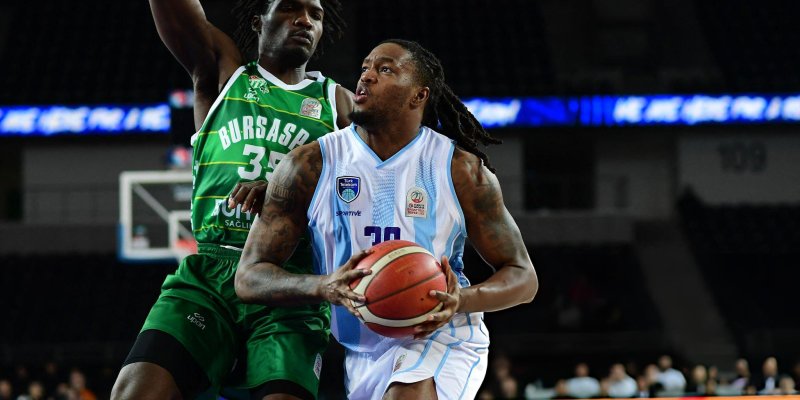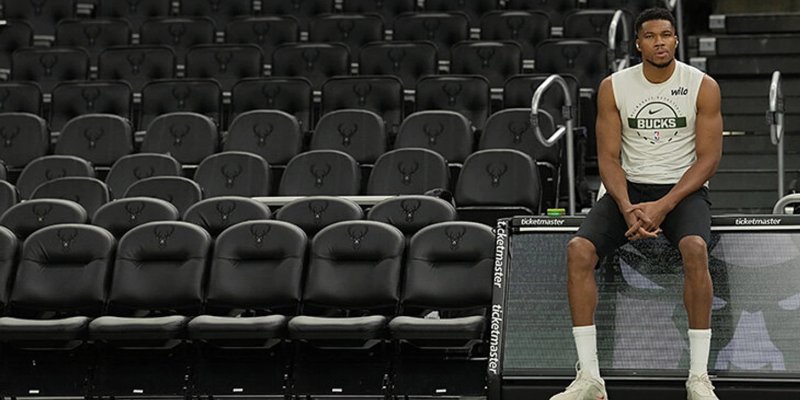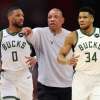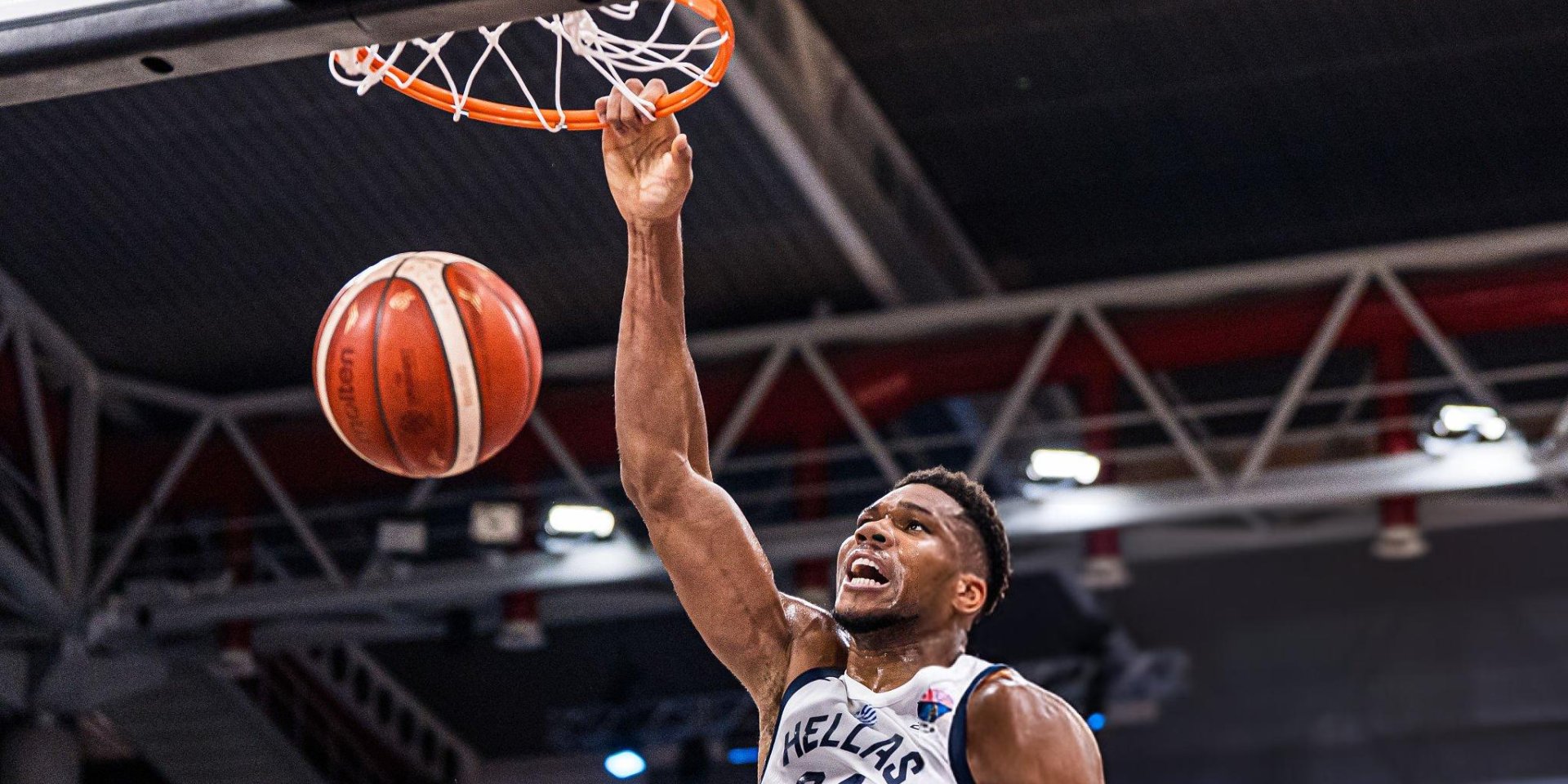
His path reads like the script of a sports drama: a boy from a family without papers sells trinkets on the streets of Athens, hides from nationalist raids, accidentally catches a coach’s eye — and years later lifts the NBA trophy above his head, then carries the national flag at the Olympics. The story of Giannis Antetokounmpo is more than the rise of a superstar. It is a story about how sport reshapes public attitudes and how personal resilience breaks roles written in advance. He was born in Greece to Nigerian parents, spent years as a person “without a country,” yet he became the symbol of Greek sport in the 21st century.
From Athens Street Stalls to the Basketball Court
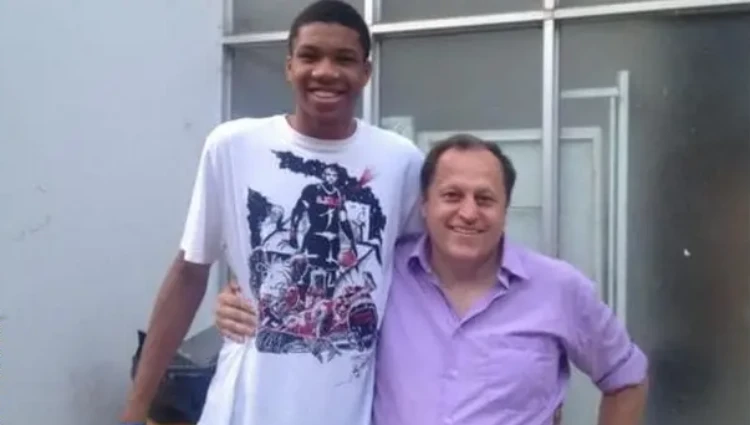
In the early 1990s, Charles and Veronica Antetokounmpo left Nigeria in search of a way to feed their family and settled in Greece. Papers — minimal; money — the same. The older children helped their parents: some carried sunglasses and souvenirs to the market, others coaxed passersby into buying a keychain or a toy disc launcher. For Giannis, street vending became part of his childhood routine: if you didn’t sell, dinner was plainer; if you did, the house felt festive. Those years forged resilience — along with coordination, quick feet, and the ability to read a crowd at a glance — qualities that would later matter on the hardwood.
The turning point came when coach Spiros Valiniatis noticed the lanky, springy teenager. In the skinny youngster he saw not just athleticism but rare coordination and basketball “IQ,” and he quite literally led him into the second-division system. First came games in cramped gyms and a token salary, then tryout invitations — and, inevitably for a talent of that scale, interest from the NBA.
A Country Learning to See Itself from the Outside
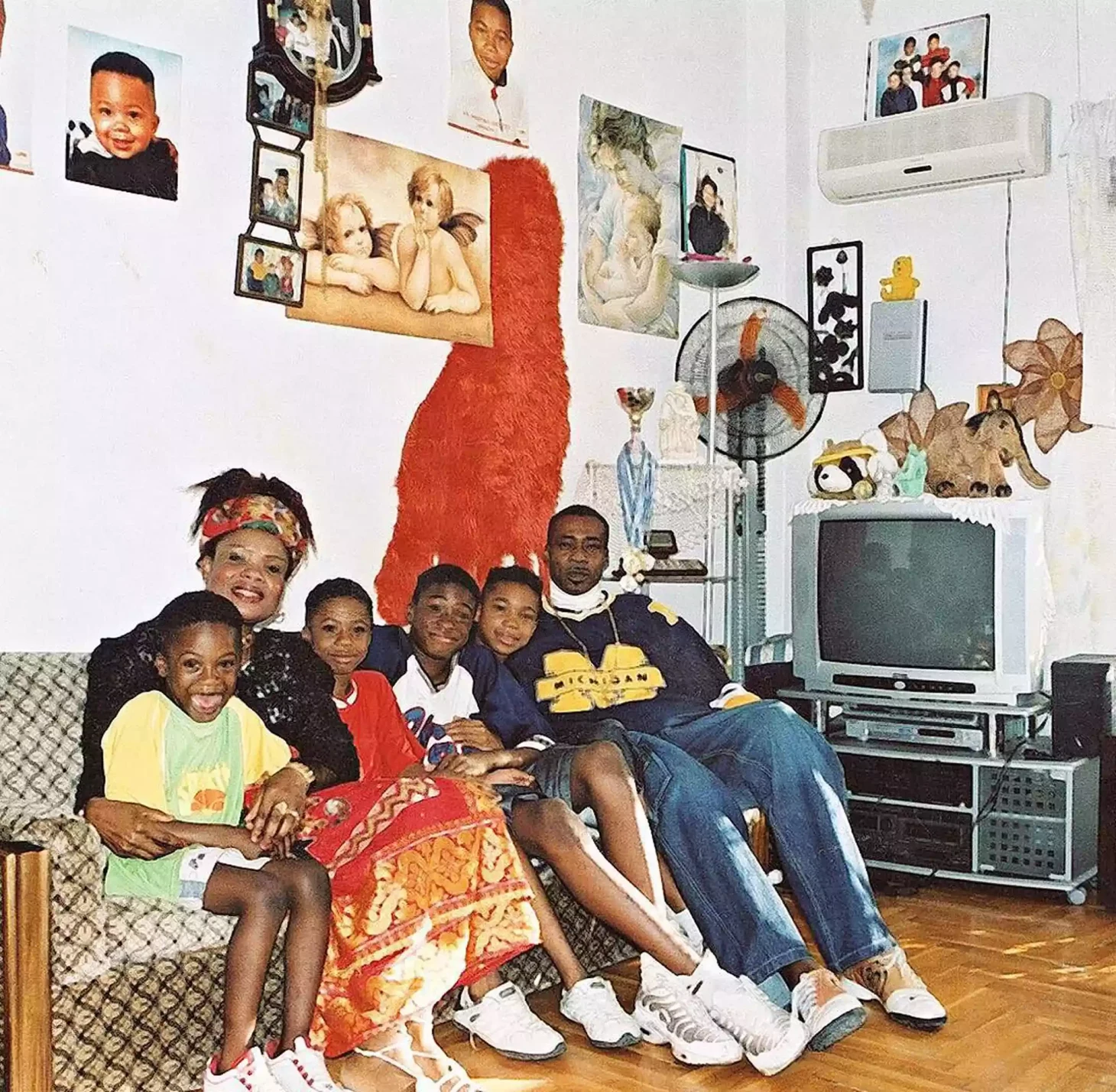
Giannis’s biography unfolded against a difficult era for Greece. A society in which ethnic Greeks formed the majority was reeling from economic shocks, accompanied by a rise in xenophobia. Migration became a heated topic; far-right rallies flared in the streets, and radicals raised their voices on the political stage. In that climate, families like the Antetokounmpos faced daily suspicion: were they “one of us,” did they have a place in line, the right to work, the right to public services?
The Shadow of Golden Dawn: When Politics Enters the Court
Street violence peaked in the early 2010s: shocking crimes and public upheavals triggered chain reactions — from sensationalist headlines to outright riots. Against this backdrop, radicals from Golden Dawn grew louder, running campaigns targeting migrants, including public — and at times overtly racist — statements. For the Antetokounmpo family, this rhetoric wasn’t an abstract debate but a daily background hum — from sideways glances to direct threats.
One episode highlighted the era’s paradox: Giannis received his Greek passport on the eve of the NBA Draft. A document expected to affirm the obvious — “I was born here, I grew up here, I went to school here” — had turned into a political marker. Even so, Antetokounmpo never tried to tailor his story to anyone’s expectations: he went to the Draft with the Greek flag in his hands, crossed himself according to Orthodox tradition, spoke of his love for the country — and did not renounce his Nigerian roots.
‘Baby Shaq’ and the ‘Greek Freak’: Two Different Views on ‘Otherness’
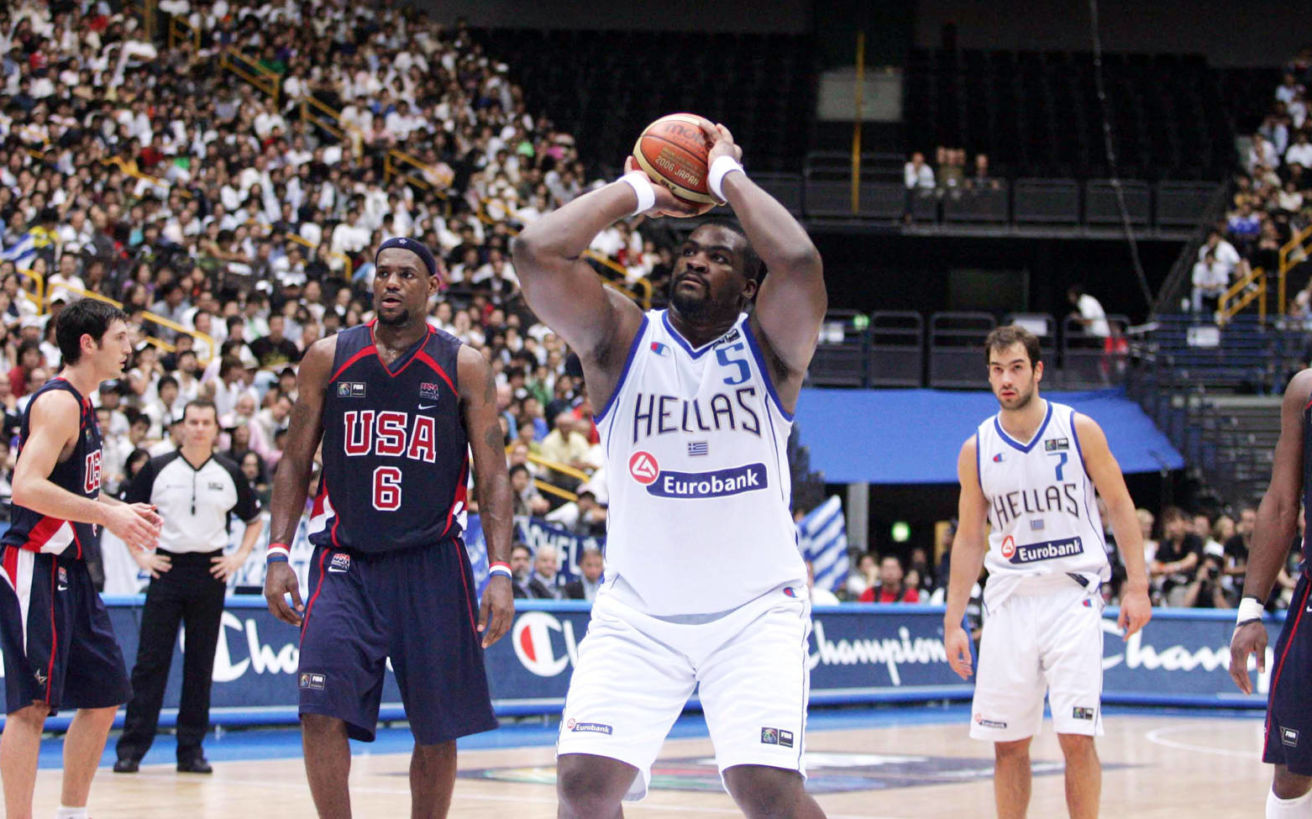
Before Antetokounmpo, Greece knew another big, powerful player of African origin — Sofoklis Schortsanitis. For his mass and dominance in the paint he was dubbed “Baby Shaq.” He never reached the NBA, but he became a hero in Europe: he won medals at world and continental championships, and his phenomenal game against the United States at the 2006 FIBA World Championship spread across the country as a symbol of Greek audacity. Yet Schortsanitis’s “otherness” was received more gently: a Greek surname, Greek roots, and many years in European clubs softened the sharp “us-or-them” question.
With Giannis it was harder. He was the child of undocumented migrants; his surname sounded unfamiliar to Greek ears, and his road to the NBA was being laid far more quickly. When his brother Thanasis, already an adult player, helped Panathinaikos win a derby, one commentator likened him to a monkey — and was forced to apologize publicly. The scandal acted as a catalyst: society saw how painful the “jokes” left over from old dictionaries remained, and how important the stance of opinion leaders was. Giannis responded calmly but firmly: if a well-known athlete hears something like that, it’s frightening to imagine what ordinary Black kids in the neighborhood go through.
Passport, Recognition, and the Work of Symbols
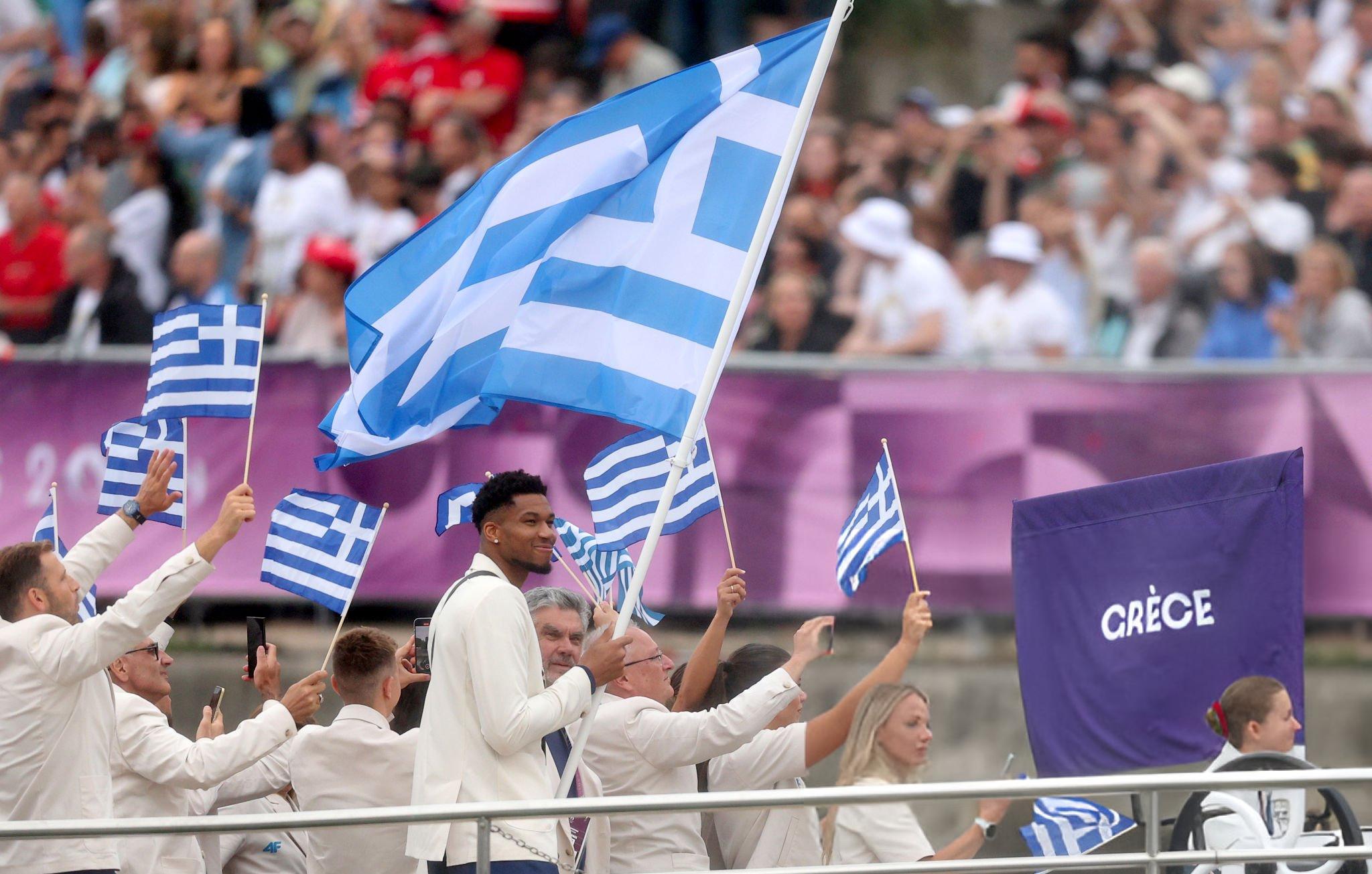
In 2013, the passport in the young forward’s hand was no longer merely a legal document — it was recognition of his contribution. The state no longer viewed him through a bureaucratic window but as a future member of the national team. What followed was a rapid status upgrade: the NBA Draft, a debut, year-over-year growth, All-Star appearances, two Regular Season MVPs, and finally a culmination in 2021, when the Milwaukee Bucks, with Antetokounmpo as their leader, won the championship and Giannis was named Finals MVP.
A Home Filled with the Scent of Africa
For all his demonstrative ties to Greece, the Antetokounmpo family’s home life remained deeply Nigerian. At home they spoke his parents’ native language, cooked the dishes of that kitchen, and kept familiar rituals and family traditions. Giannis never hid it: “I’m Greek, but I grew up in Nigerian culture.” There is no contradiction in that — millions of diasporas live this way around the world. He admitted he understands his parents’ language better than he speaks it, and joked that Nigeria has so many dialects that sometimes his mom and dad were practically “speaking different languages.”
People Who Believed at the Right Time
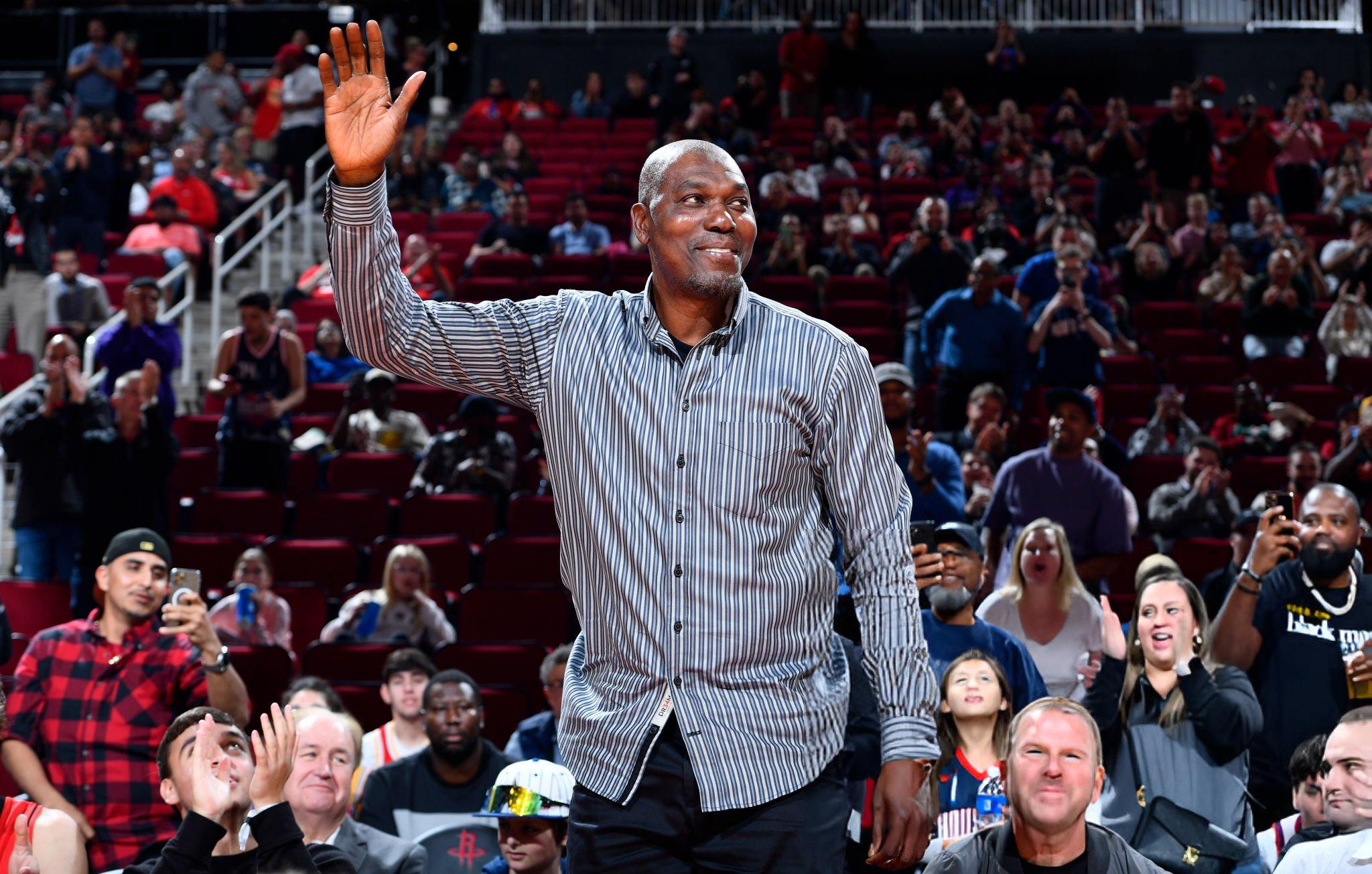
Every great journey has people who say, “I believe in you,” at the right moment. For Giannis, that person was coach Spiros Valiniatis, whose own biography was woven from intersecting roots and cultures. Perhaps that personal sense of “living on the boundary” helped him see not only wingspan in the boy, but a character ready to learn and change.
Support also came from across the ocean — from Hakeem Olajuwon. The great center was born in Nigeria as well, and won Olympic gold in Atlanta in 1996 as a U.S. citizen. In interviews he emphasized that Antetokounmpo’s play and poise are a source of pride for Nigerians worldwide. He also recalled the Yoruba meaning of the surname “Antetokounmpo”: “the crown that returned from abroad.” Symbolism that sounded like a prophecy long before the NBA Finals.
Brothers by Blood and by the Game
The Antetokounmpo story is not a solo; it’s an ensemble. Thanasis knocked on the NBA’s door through the G League and European clubs for years, then crossed the ocean again and became an important figure in Milwaukee’s locker room. Kostas flashed in the rotation, earned a championship ring with the Lakers from the bench, and continued his career in Europe. Alex is walking his own path. Their trajectories differ, but the common denominator is the same: in each story, basketball was not only a profession but a way to be heard, to earn respect, and — more and more loudly over time — to change society’s expectations.
From an NBA Title to a Dream with the National Team
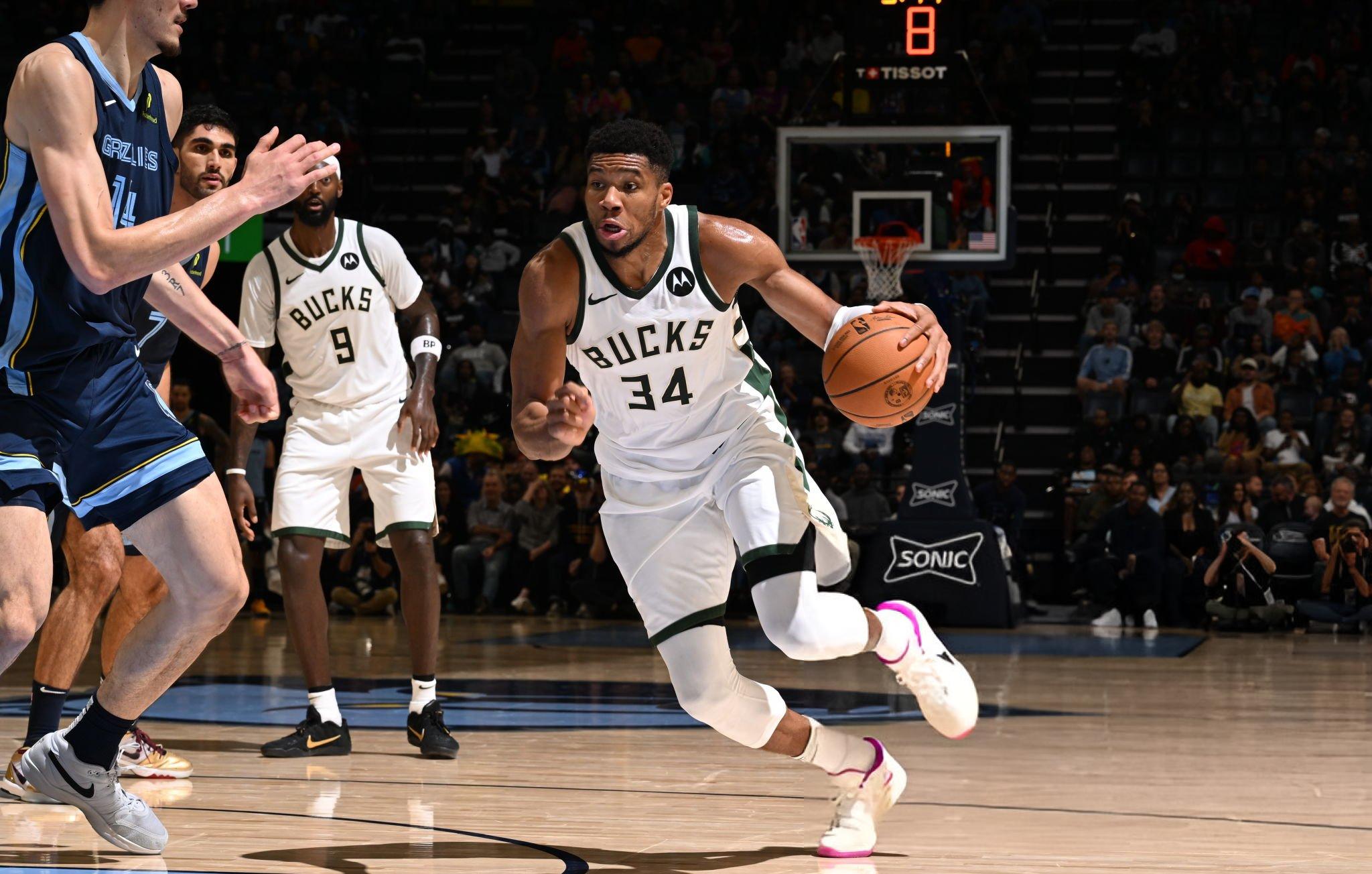
The American chapter of Antetokounmpo’s career is already written into history: the Bucks are back on the champions’ map, and Giannis himself is in the pantheon of his generation’s best players. But it matters deeply to him not to end the larger story at the point of personal achievements. He says openly that he wants to win something big with the national team. Paris 2024 was a step, even without a happy ending — the journey stopped in the quarterfinals. On the horizon is EuroBasket 2025: Greek basketball today is not as deep as in the “golden” 2000s, which only sharpens the leader’s task — to lift the system, give the young players belief, and find a tone for the national team that makes it a dangerous tournament side again.
From a “pure basketball” standpoint, Giannis has a rare power package: an explosive first step for a big, point-forward level ball-handling, the ability to punish in transition, and to overwhelm opponents in the post. He has improved at reading the game and making decisions, learned to play in controlled tempo, to pass intelligently out of double-teams, and to choose contact at the rim more wisely, minimizing reckless offensive fouls. At the national-team level, that means not just leading in points and rebounds but serving as the system’s hub — the player around whom a clear concept can be built.
Conclusion: A New Image of “Greekness”
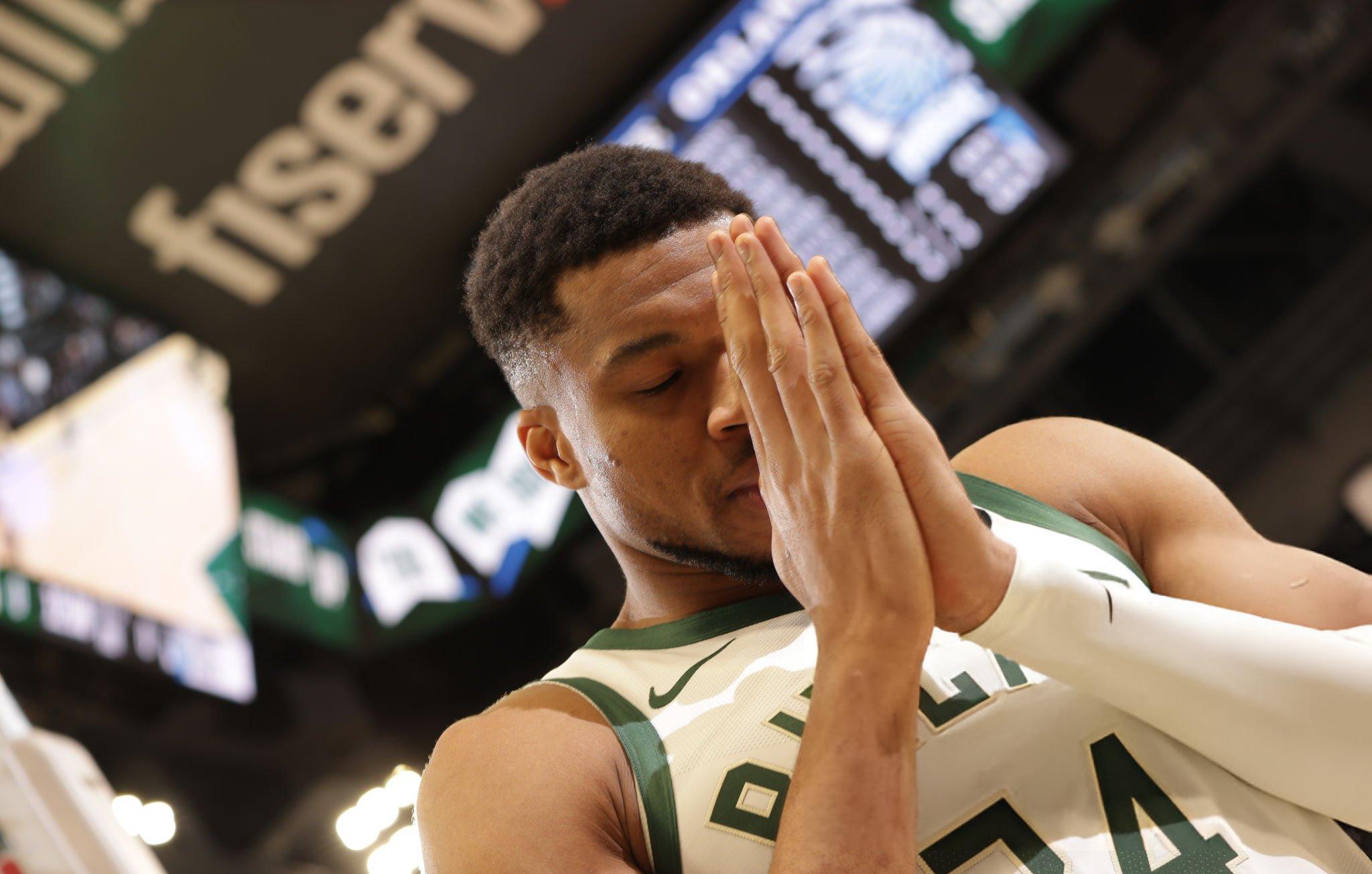
Giannis Antetokounmpo’s success is not only about talent and work carrying you from the second division to the VIP suites of Fiserv Forum. It is about how society changes through specific human stories. Yesterday — a boy sprinting home by the “short cuts” to avoid a raid. Today — the Olympic delegation’s flag bearer, a model professional, and a person who speaks honestly about two cultures without diminishing either.
Once, the odds that a “passportless Greek of Nigerian origin” would become the face of a national sport seemed vanishingly small. But sport stubbornly breaks probabilities. “The crown that returned from abroad” really did return — and became part of the country’s shared crown. Which means that at the next EuroBasket or Olympics, Greece will have not only the most formidable point-forward of his generation, but also a symbol that national identity is the ability to accept your own — even if the country is still learning how to pronounce their surnames.

